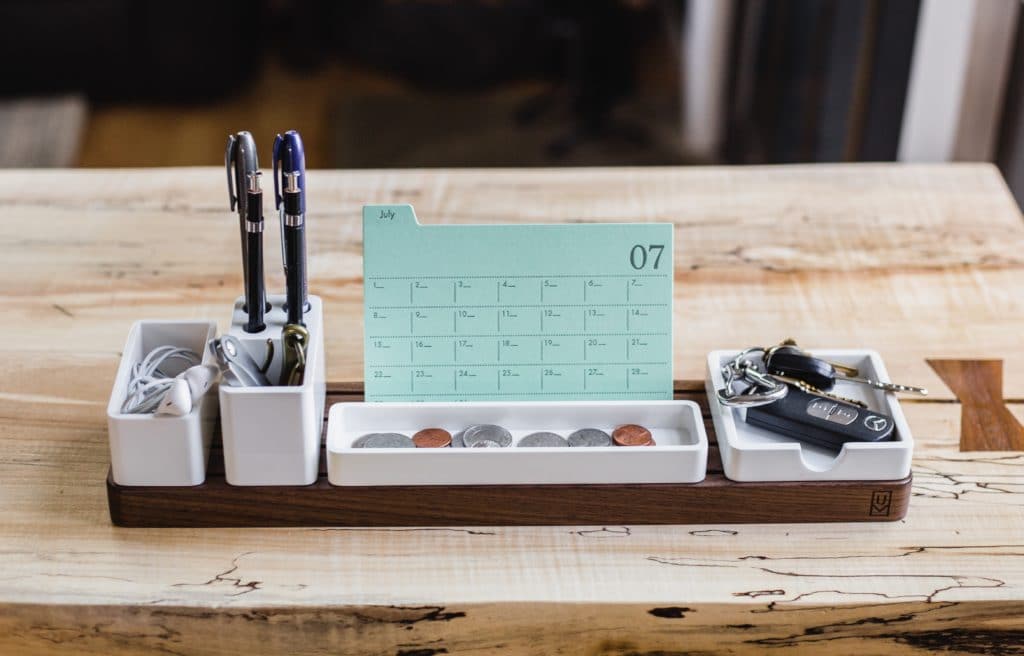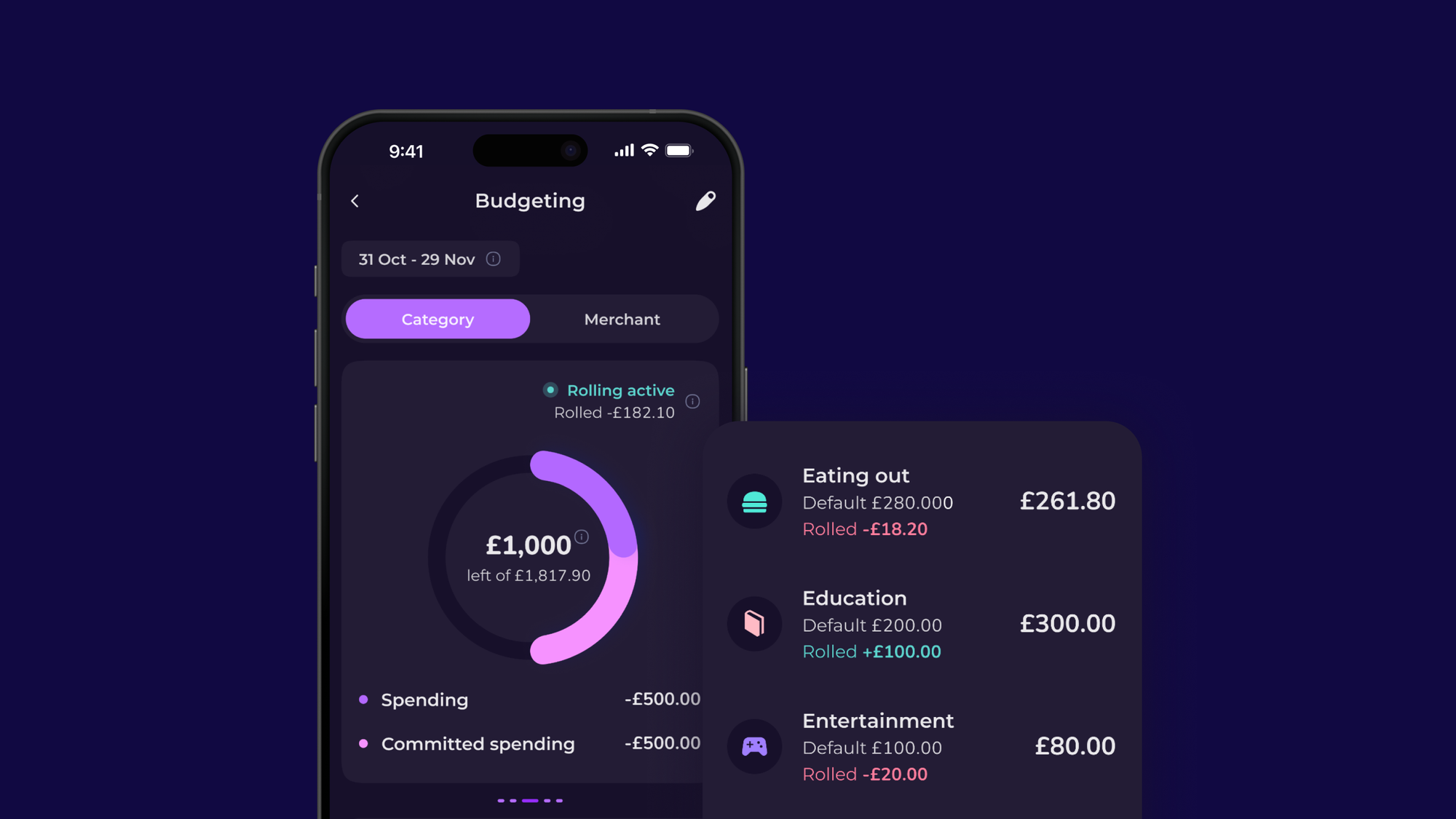FEATURED ARTICLE
The money habits that stop you from saving

Edoardo Moreni
July 19, 2017 •4 min read
TABLE OF CONTENTS
Making late payments
Paying for everyone
Shop for stuff you need, not sales
Overusing credit cards
Paying for subscriptions you don't use
Spending as much as you earn
Only saving the leftover
Saving is difficult and sometimes you end up at the end of the month with no money left. The majority of people are either lazy or not committed. Even with a small salary, there is still a chance to put some money aside. The first reason why you should save is to have an emergency fund that can help you in the worst scenarios. The second is goals, have you ever wanted to achieve or do something like travelling?
There are a set of habits that stop us from saving and keep reducing the amount of money we can potentially save. This is a list to help you understand some common issues we all face.
Making late payments
This is extremely common, which results in also paying an extra fee. If you get in the loop, you will struggle to get out quickly. Further, a late payment can also impact on your credit score, which is one of the factors lenders use to give you money. This might prevent you from borrowing to get a car or worse buy a house.
Direct debits are a good way to solve this, so you don't have to worry about your bills anymore. You need to be able to automate some aspects of your finances, because you can't always keep track of everything.
Paying for everyone
Where I come from, we usually say "if there is food for 10, there is always for 11". Paying for others and being generous is a habit you should always have. Remember, if you give first, you will receive afterwards. However, this money habit can be constrained. If you are someone who likes to show off and pay for everyone just be more thoughtful when you buy drinks for all your friends.
Shop for stuff you need, not sales
This is something I have always seen growing up, especially at home. People tend to buy stuff because there are sales, regardless of their needs. They just buy because they see a lower price and think that is something they can not miss. The reason why there is a lower price is to make you buy. It's really simple to figure this out and look at your wardrobe before you go out with your credit card.
Overusing credit cards

Credit cards can be the best tool to improve your credit score and build a credit history pretty quickly, if you regularly pay back. However, if you misuse them, you will be hit really hard by interest rates. The worst thing about cards is they don't give you the impression you are spending real money. You need to keep your debt low to a minimum amount (student loans excluded, that's not real debt).
In order to overcome this problem, you can get prepaid cards and use them instead. This prevents unecessary spending and keeps you on track. Moreover, you could use credit cards only for specific reasons, like groceries and gas. In this way, you can keep your balance low and pay in full at the end of the month.
Paying for subscriptions you don't use
Subscriptions are one of the worst money leaks, which we have already talked about. It always comes to the point you are either paying for something you don't know or use. This starts with a free trial, then you forget and keep paying. I managed to pay for Netflix for a whole year. I wasn't looking at my bank statement and realised this after 12 months.
On the other hand, you may soon understand you didn't really need that Amazon prime subscription.
Spending as much as you earn
This is what builds a middle class. People tend to earn X and spend X without being able to step up. If you have a good emergency fund on the side, some assets and you want to live your life at the fullest, this makes sense. However, you shouldn't do it if you haven't fullfilled these requirements. In the case of an emergency, you might be forced to get a loan to pay for it and keep accumulating your debt.
Only saving the leftover
People usually tend to save what it's leftover by the end of the month; they might also realise there is nothing to save by then. A good routine is to save when you get your salary, so you can put that money aside and completely forget about it. You need to get in the mindset that is "lost" money. This will prevent you from using it when you don't need it. In some cases, fixed deposits work better for this.
The best rule is to save 10%, if you can commit to more, it's your call. If you can't make it, start at 5% and then scale up, when you get everything in order.
These are some common money habits. There are plenty more and the only truth about gaining financial freedom is to be responsible. You don't need to become a freak or an anti social person who avoids certain situations to save. You just have to understand the difference between an excess and a good habit.
You may also like
Check out these related blog posts for more tips
© 2025 Emma Technologies Ltd. All Rights Reserved.
Emma is registered and incorporated in England and Wales.
Emma Technologies Ltd is an appointed representative of RiskSave Technologies Ltd, which is authorised and regulated by the Financial Conduct Authority (FRN 775330).
Payment services (Non MIFID or Deposit related products) for Emma Technologies Ltd are provided by The Currency Cloud Limited. Registered in England No. 06323311. Registered Office: Stewardship Building 1st Floor, 12 Steward Street London E1 6FQ. The Currency Cloud Limited is authorised by the Financial Conduct Authority under the Electronic Money Regulations 2011 for the issuing of electronic money (FRN: 900199). For more detail on how your money is protected please see here. You can also find Currency Cloud's Terms of Use here.
Emma Technologies is an Introducer Appointed Representative of Quint Group Limited and not a lender. Quint Group Limited is authorised and regulated by the Financial Conduct Authority (Firm Reference Number 669450). Monevo Limited is an Appointed Representative of TransUnion International UK Limited. TransUnion is authorised and regulated by the Financial Conduct Authority (Firm Reference Number 737740). Emma Technologies introduces customers first to Quint Group Limited, as a licensed credit broker, who then refers on to Monevo Limited.
Emma is registered with the Financial Conduct Authority under the Payment Services Regulations 2017 for the provision of payment services.
Financial Conduct Authority Reg Nr: 794952.
Company Registration Number: 10578464.
Data Protection Registration Number: ZA241546.
All testimonials, reviews, opinions or case studies presented on our website may not be indicative of all customers. Results may vary and customers agree to proceed at their own risk.
Resources: Cancel subscriptions, Cashback offers, Who charged me, Rent Reporting, Budgeting, Investment universe, Emma vs Moneyhub.
Featured cashback offers: Samsung, SimplyCook, NordVPN, Audible, M&S Homeware.









